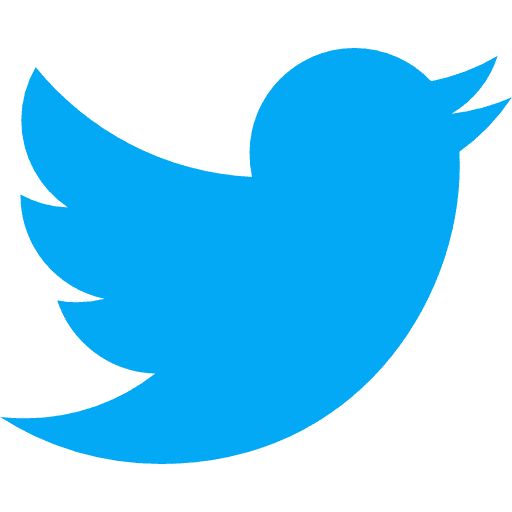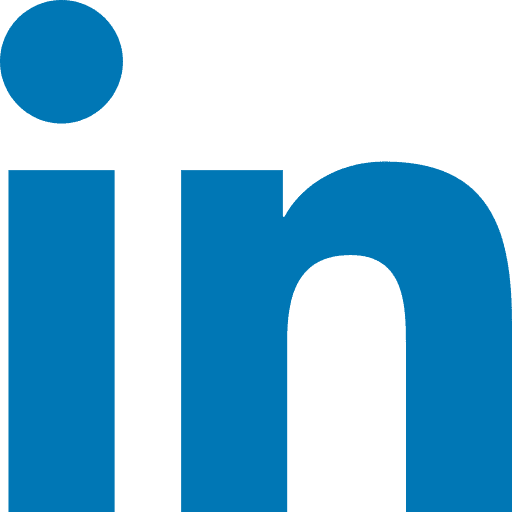While recruitment of the right workforce has always been the major concern for organizational sustainability in the current job market, the struggle to acquire competitive positions in well-established organizations has been another extraordinary obligation for youths. In this context, the access of marginalized people to the job market has become a very complex and thought-provoking issue. When the majority of young people are able to go abroad in search of a competitive job, the neglected sections within the same group, such as persons with disability and especially women with disability, persons affected by leprosy, and persons with multiple disabilities are neither able to go abroad for employment nor are their proper opportunities at home.
When it comes to employment of marginalized groups, especially persons with disability, are deprived of employment opportunities for a very long time. In earlier days the focus on physical work didn’t allow them to participate in productive activities to contribute to the family income while in the current days, the lack of opportunity for persons with disability, when mental assets contribute a larger share of economic value, is mostly due to the employers' lack of knowledge about the employable skills of persons with disability. In addition, many employers have not yet realized that hiring persons with disability in the workplace will enhance the organization's image in the international arena and give them chance to enter the international market. More interestingly, international studies have proven that persons with disability have a lower risk of accidents at workplace and are more likely to work long-term in the same organization than persons without disability because they are less inclined to go abroad for employment.
We cannot ignore the fact that the limited capacity and educational qualifications of persons with disability have still been major factors for less reach in the job market but due to numerous awareness-raising activities and provision of vocational training by different organizations of persons with disability (OPDs), and the reserved quota in the public sector, the persons with disability are encouraged to some extent to educate themselves in the academic and vocational area and ready themselves for the job market.
Recognizing the problem of persons with disability and the need for financial self-reliance, in December 2019, The Leprosy Mission Nepal (TLMN) started a 4-year project called Fueling Opportunities to end Unemployment for Nepalis with Disability (FOUND) with its consortium partners, National Federation of Disabled Nepal (NFD-N), and The Federation of Nepalese Chambers of Commerce and Industries (FNCCI). The project is dedicated to increasing the access of persons with disability to employment and mainly in the formal sector. It is running in provinces 1, 3 and 5 and aims to involve persons with all kinds of disabilities between the age range of 18 to 45 with the objective of making them self-reliant by engaging them in employment with the support of various capacity-building activities. The project also works closely with employers and sensitizes them on inclusive employment.
When the project was just about to pick up speed and take the venture of linking persons with disability with the formal sector, the pandemic flared up across the world! As in most countries, the majority of the businesses in Nepal closed or reduced their services. Some of them, such as those in the hospitality and tourism sectors, stayed closed for a very long time. It was only from mid-2021, that the project took the full pace and started to explore formal job opportunities for persons with disability. Despite the challenges, till date FOUND project has successfully placed 245 persons with disability in the formal sector. The project has provided on-the-job placement to 143 persons with disability with the help of employers across project areas and provided vocational training to 395 to make them ready for the job market. This success has sharply enhanced FOUND's credibility and ability to reach the companies like Unilever, Microsoft, and many reputable service providers across Nepal.
Besides, the innovative effort launched by the project is the disability-inclusive employment portal called InclusiveJob.com. The portal is designed exclusively to provide formal job opportunities to persons with disability. Interested employers and persons with disability register on the inclusive-job portal just as on any other job portal available in the market. Once successfully registered into Inclusive-Job, the FOUND team takes responsibility of guiding the path of persons with disability into the job market by implementing ENROL–ENHANCE–EMPOWER (3E) approach. Enroll: Persons with disability go through a rigorous assessment process during enrolment. Enhance: Receive career counseling, training, and participate in job matching exercises to enhance their understanding of the job market. Enhance: After the engagement in the job, they claim that they are empowered by experiencing a sense of authority and confidence to reclaim their position in society.
Compared to other job portals, the USP of inclusive portals is that regular employment portals have vacancies for people of all groups and make it difficult for persons with disability to apply for and be selected in any jobs. Meanwhile, the inclusive-job portal gives them access to jobs that are particularly listed for persons with disability. The job vacancies available for persons with disability and Employers' positive attitude toward employing persons with disability tend to boost their self-confidence and also develop a sense of encouragement to look for work. No doubt, the portal has become very popular among persons with disability in a very short time, and till date 1900 persons have registered in the system. However, despite continuous efforts, nowadays, the inclusive-job portal, which is running so successfully, has become a topic of interest for employers and persons with disability as to how it works after the completion of the FOUND project and how to continue to benefit from such an important service. The consortium member organizations, and in particular, The Leprosy Mission Nepal has taken it as an organizational strategic requirement to continue working and allocate adequate resources to provide quality employment facilitation services to persons with disabilities.
In addition, the project is leading the Disability Confidence Employers Movement (DCEM) with the goal of building employers' confidence in employing persons with disability. DCEM promotes the skills, knowledge, and abilities of persons with disability among employers and creates an ambiance of trust among employers to employ persons with disability. This may reduce the employment gap for persons with disability by creating sustainable employment opportunities for them. By now, many employers have joined the movement by committing to make inclusive workplace. This indicates an opportunity for marginalized groups, especially those with disability, to not only create the right manpower that employers want, but also to access the job market and find sustainable employment in established organizations and contribute to the economy.




